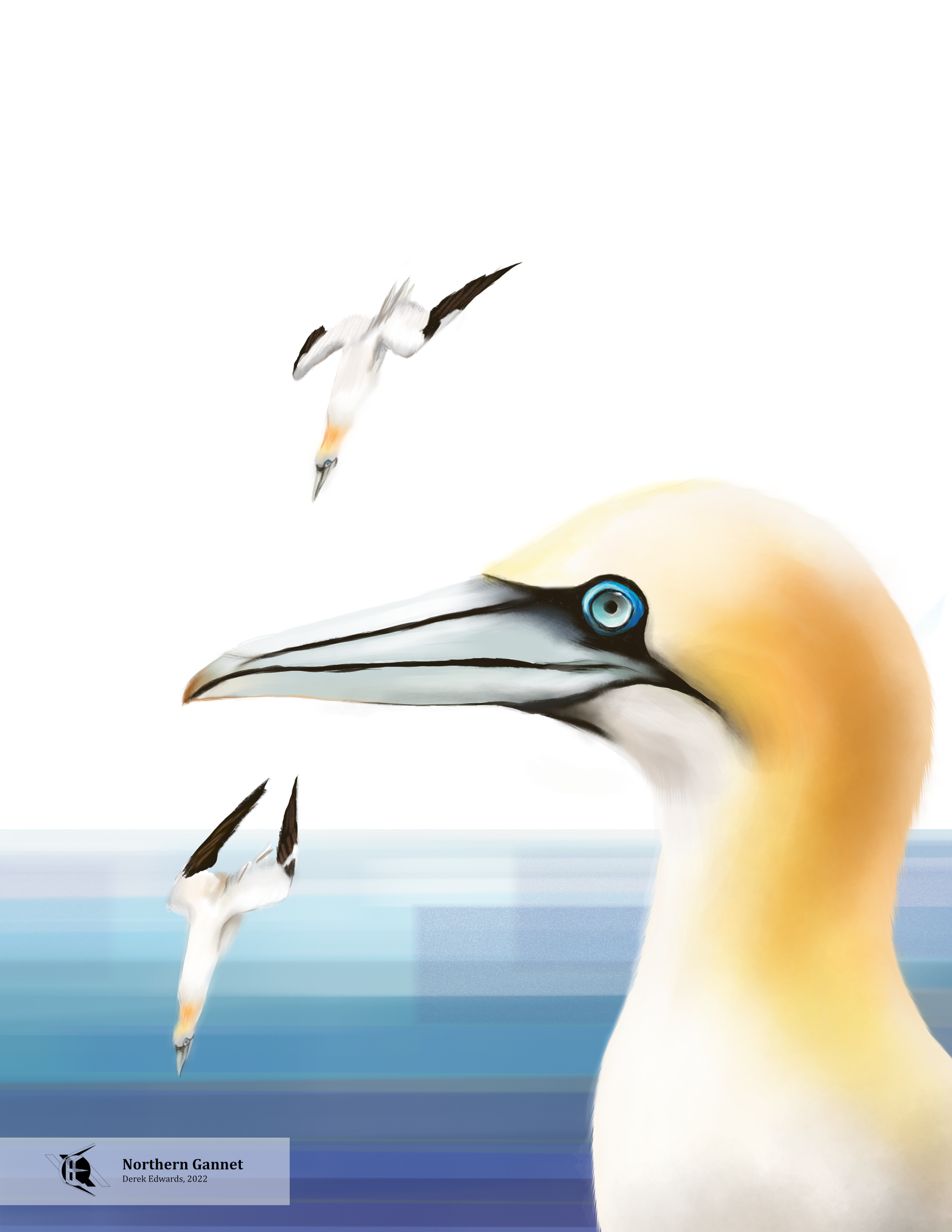
Running Commentary 4/18/2022
4/18/2022
Hello,
Yesterday was Easter, the most prominent holiday on the Christian calendar. At least, for the western church it was yesterday; the eastern church is still on the Julian calendar, so their Easter will be a bit later. The date of Easter is weird. Originally Easter was just the Sunday after the Jewish Passover holiday, which was when the Resurrection happened and which coincidentally was also when (western) Easter fell this year. The first Nicean Council declared independence of the Christian calendar from the Jewish one, so Easter and Passover don’t always match up, but Easter is scheduled based on moon phases (like Passover) where the Gregorian and Julian calendars are both based on Earth’s position relative to the sun, so it’s not as if Easter is always the third Sunday in April; it’ll land anywhere from late March to mid-April. It’s very confusing.
Anyway...
Watching...
Moon Knight
Has Moon Knight avoided the traditional Disney+ third-episode slump? Let’s see:

- This episode finally featured a straight-forward fight scene. And it was pretty good! If you’re gonna have your hero fight a bunch of random goons, give the goons knives. It keeps the tension up.
- I understand that, in the comics, Moon Knight has a third personality, besides Steven and Marc. This episode, where Steven and Marc both black out, hints at a third person in Oscar Isaac.
- Ethan Hawke is really delivering a good performance here. We’ve seen a lot of Marvel villains who are just dark versions of the hero, some good and a lot of others forgettable. Harrow is the most distinct of these, so far.
- Gaspard Ulliel I recognized as the actor who died (in a skiing accident) before the show premiered. That’s too bad.
- Unfortunately, I would say this is the worst episode so far, due to the introduction of some seriously uninteresting politics amongst the Egyptian pantheon. I don’t care about Khonshu’s history with Osiris and Hathor. I care about Steven/Marc and their situation.
Reading...

Ubik
Philip K. Dick is one of the bigger names in 20th-Century science fiction, best known for writing the adaptation sources of several screen projects made after his death: Do Androids Dream of Electric Sheep (as Blade Runner), The Man in the High Castle, “The Minority Report”, and “We Can Remember It for You Wholesale” (as Total Recall), among others. But, by many accounts, his best work was a book that never made it to screen: 1969’s Ubik.
Having now read Ubik (pronounced like the first two syllables of “ubiquitous”) I actually could see this making a viable limited streaming series. I can see why it didn’t get adapted back in the ‘80s and ‘90s, since there isn’t much action in it, and it isn’t set in space, besides the one important scene on the Moon. But, if Asimov’s Foundation can be a show, then so could Ubik. You wouldn’t even need to change things as much.
Ubik is a mystery (sort of a whodunnit, but just as much a whathappened) so I don’t feel like I can get into the plot very much at all without ruining your potential reading experience. Basically, Ubik takes place in the (at time of its writing) future year of 1992. For some reason, either because it’s the future or because it’s some sort of an alternate reality, lots of people have psychic powers, some being “precogs”, able to sense the future, others telepaths, while still others are “inertials”, able to psychically block the talents of the other two kinds. Ubik being a PKD novel, this fantastical world has been thoroughly corporatized. A central character is Glen Runciter, head of a sort of employment agency hiring out inertials to companies seeking to keep their trade secrets secret. Runciter runs the company along with his late wife, since, in the world of Ubik, recently deceased people can be put in cryogenic “half-life”, allowing their minds to keep on existing in a dream-like state for years after their death, decades if they’re lucky. The plot kicks off when Ella Runciter’s half-life starts prematurely degrading.
The book was pretty good. I won’t say it’s great, because there were a lot of sub-plots and scenes that don’t really go anywhere. One of those I can excuse as a red herring for the mystery, but for the first few chapters, it’s really unclear what the story’s supposed to be. What I can say in praise of Ubik is that Dick is able to build a well-realized fantastical world without having to stop and explain everything. Why are there psychics? How does half-life work? We’re not really given hard answers to those questions, but those aren’t the questions at the center of the book, so answering them would be a diversion from the story being told.
I haven’t actually read any of Dick’s other works; I just know some of them by reputation. So I can’t tell if Ubik is really his best work. But it was good.

Bird of the Week
This week I've drawn another seabird. The Northern Gannet is the largest of the gannets, three species of diving, fish-eating birds. All three gannets look essentially the same: white, with black wingtips and a golden blush on their heads and necks, which is more pronounced during the breeding season. Northern gannets range throughout the Atlantic north of the Equator, and into the Mediterranean Sea, though they are rarely found out at sea away from shore. They nest on large rocks in the North Atlantic, especially those off the coast of Scotland.
Gannets are fish-eaters, feeding on small schooling fish like anchovies and herring. They spot their prey from the air, then dive, folding their wings back, forming their bodies into darts, and punching deep into the water. Their bodies are specially equipped for this maneuver. Their skin features shock-absorbing subcutaneous air sacs, and their nostrils are routed to the insides of their beaks, (not the outside, where water would jet into them). Their eyes are set further forward on their heads than most birds, giving them “binocular vision”, which people also have and which allows creatures to judge distances to whatever they’re looking at.
“Gannet” derives from the same root word as “gander” and “merganser”, the Proto-Indo-European word “ghans”, which means “goose”. Many other languages call them something derived from their Old Norse name, “sula”, which is actually used as the genus name for the closely related boobies, though in Czech they are “terej bílý” which translates to “white tern”, and in French they are “les fous de Bassan”, “the madmen of Bass”. That evocative name is actually roughly equivalent to their official binomial, Morus bassanus. The rock of Bass is an island off Scotland that is the home to the largest nesting colony of northern gannets. “Morus” comes from the Greek for “dull” or “stupid”; the English word “moron” derives from the same word. Why are gannets derided as stupid or insane? Because they aren’t afraid of us. If you found some, you could probably just go up and grab one, which many a hungry sailor did back in the day.

Curation Links
Bone Appétit | Alex Beggs, TASTE
““The big, hot book then was The Joy of Cooking,” Gardner told me from his home in Hastings-on-Hudson. “And Clare said to me, laughing, ‘How about The Joy of Cooking for dogs?’” (Cue light bulb.)”
Reign of Terrior | Joshua Levine, Smithsonian Magazine
In the south of France, on a plateau called Larzac, there lives a breed of sheep whose milk is used to make the world's most prized blue cheese, Roquefort. Riddled with mold, laden with salt, and aged (in accordance with French law) in a single cave, Roquefort is not a cheese to be eaten absentmindedly. It's harsh taste is beloved by conneseurs but is increasingly too much for new generations of cheese buyers. How to respond to this trend is a point of great contention.
The Theology of Chocolate | Miles Pattenden, History Today
Chocolate is an indulgence, in most of the forms it takes today. But it was a staple for many Central Americans. So, when Central America was conquered by Spanish Catholics, it raised a question: is chocolate allowed during Lent?
The Ningyo (episode one) | Miguel Ortega
[VIDEO] [FICTION] Sadly it does not seem that a second episode will follow, but the one that was made is quite something for an independent project. “A 1911 Faustian tale about losing oneself in the process of achieving our goals. Told through the world of cryptozoology.”
See the full archive of curations on Notion

Member Commentary